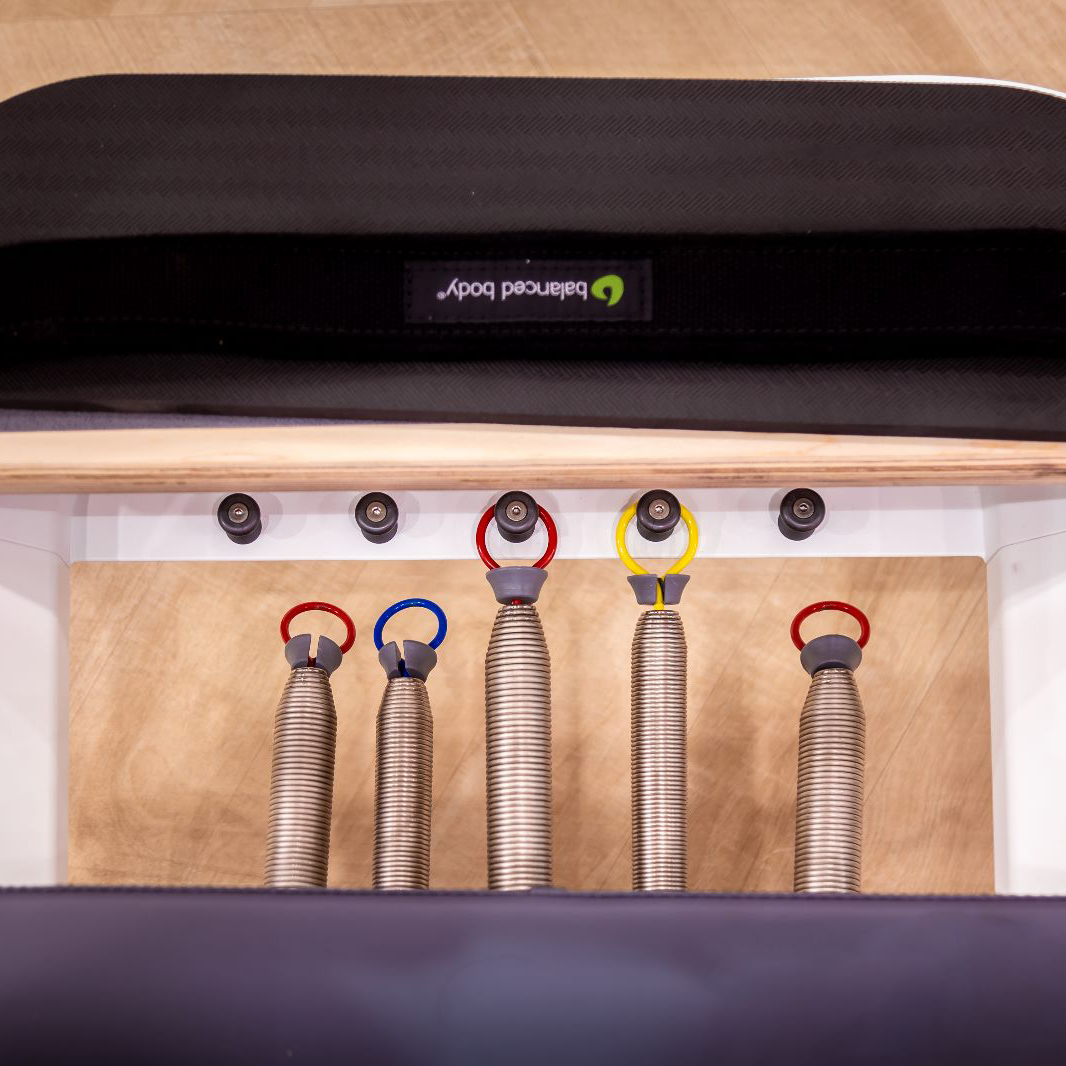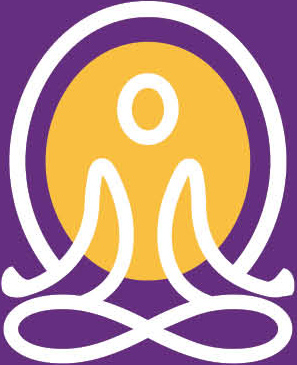Pilates is a holistic and mindful approach to physical fitness that incorporates a set of key principles. These principles form the foundation of Pilates practice and guide individuals towards improved strength, flexibility, and overall well-being.
- Concentration: Pilates requires focused attention on every movement, emphasizing the mind-body connection. This concentration helps individuals engage specific muscles and perform exercises with precision.
- Control: Control is central to Pilates. It encourages deliberate, controlled movements to achieve fluidity and grace. Practitioners learn to use only the necessary muscles, avoiding unnecessary tension.
- Centering: The core, often referred to as the “powerhouse,” is the center of Pilates exercises. It includes the abdominal muscles, lower back, and pelvic floor. Strengthening this area provides stability and supports all movements.
- Precision: Precision in Pilates involves executing each exercise with exactness and accuracy. Attention to detail ensures that each movement is efficient and effective, maximizing its benefits.
- Flow: Pilates movements are designed to flow seamlessly from one to the next, promoting a sense of rhythm and grace. Fluidity is essential for achieving a harmonious balance between strength and flexibility.
- Breath: Proper breathing is crucial in Pilates. It helps oxygenate the body, promotes relaxation, and aids in movement control. The breath should be synchronized with each exercise to enhance its effectiveness.
- Alignment: Pilates emphasizes the importance of maintaining correct posture and alignment throughout exercises. Proper alignment reduces strain on joints and muscles, preventing injuries.
These fundamental principles are integral to a successful Pilates practice, whether it’s done on a mat or with specialized equipment. They enable individuals to cultivate a strong, flexible body while fostering mental clarity and mindfulness.


